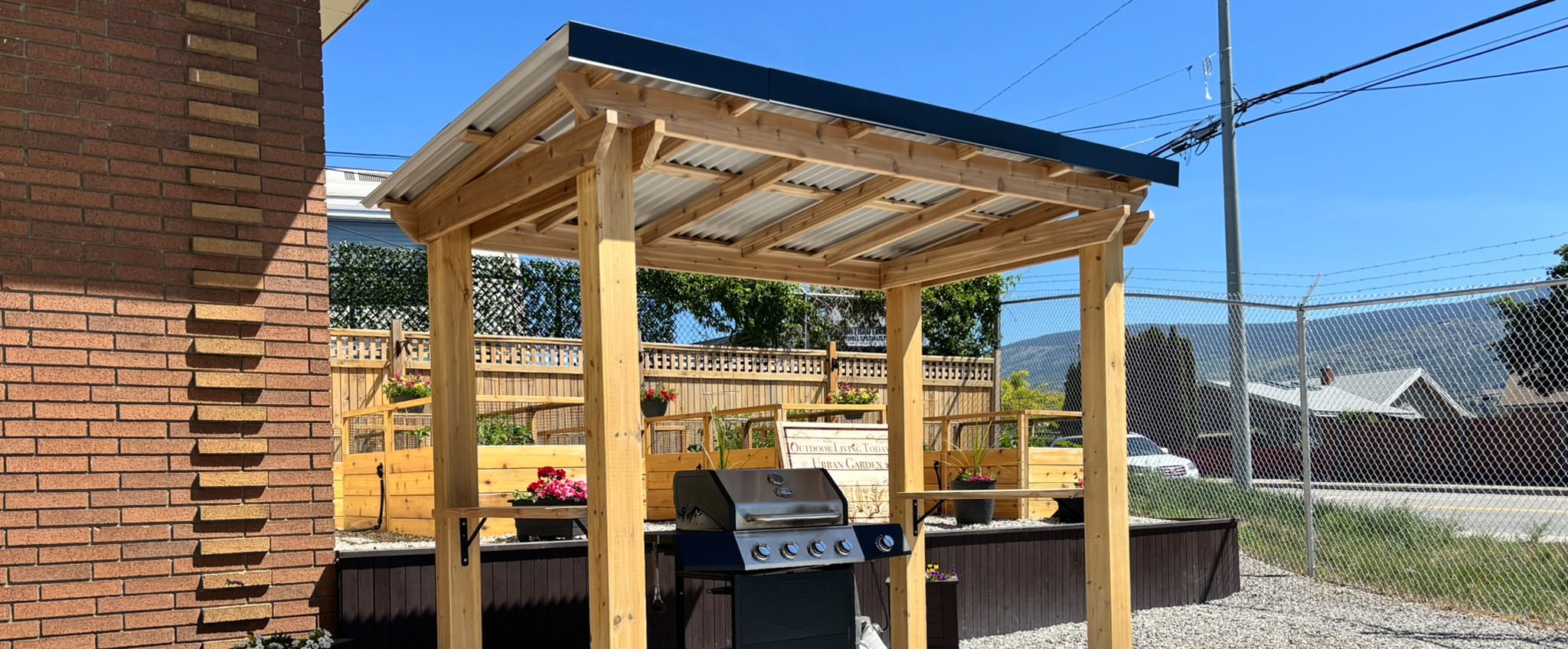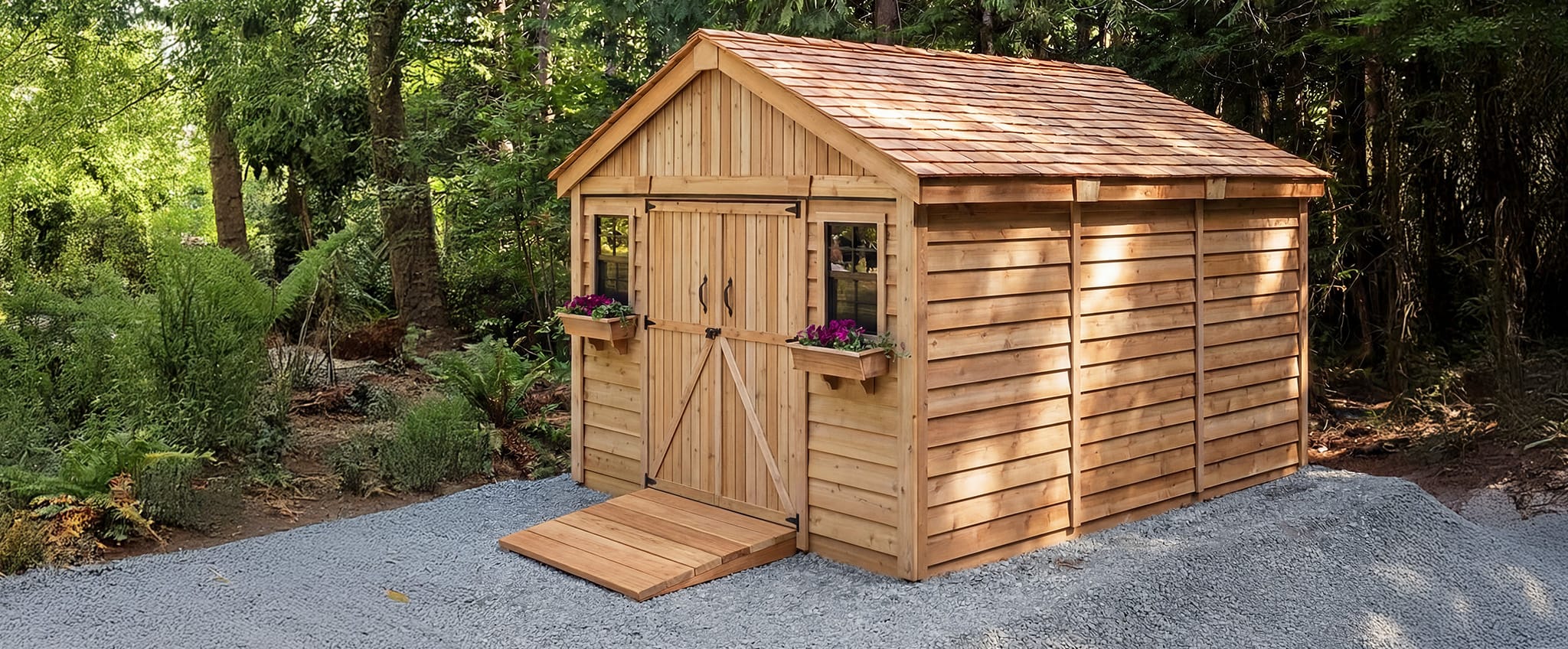Sometimes it makes sense to hire a contractor rather than take on a project yourself. From outdoor structures like gazebos and pergolas to interior renovations, having the right professional on your side can make all the difference.
Choosing the wrong contractor, however, can lead to delays, poor workmanship, unexpected costs, and even legal issues. The goal is simple: find someone who is reliable, experienced, and capable of delivering quality work from start to finish.
Whether you’re building new or upgrading an existing space, taking the time to hire the right contractor is one of the most important steps in the process.

Tips to Find and Hire the Best Contractor
There are several practical steps you can take to ensure you hire a contractor who is a good fit for your project and your home.
Trust Your Instincts
A contractor may be in and around your home for weeks or even months. If something feels off during early conversations, it’s worth paying attention to. You should feel comfortable communicating openly and confident in their professionalism. If you don’t trust them fully, it’s best to keep looking.
Hire a Licensed, Bonded, and Insured Contractor
Licensing and insurance are non-negotiable. A licensed contractor has demonstrated knowledge of building codes and required standards. Insurance protects both you and the workers if an accident occurs on your property. Always ask for proof of licensing and insurance before moving forward.
Choose a Contractor Who Specializes in Your Type of Project
Not all contractors are the same. Some specialize in outdoor structures, others in renovations or finishing work. Look for someone with experience in the specific type of project you’re planning. A specialist is more likely to anticipate challenges and deliver better results.
Get a Detailed Contract Before Work Begins
A clear, written contract helps avoid misunderstandings later. It should outline costs, materials, timelines, payment schedules, and any drawings or specifications. When everything is agreed upon upfront, you reduce the risk of surprises during the build.
Confirm Who Will Be Doing the Work
Find out whether the contractor will complete the work themselves or use subcontractors. Many projects involve multiple trades, which is normal, but you should know who is responsible for what. Clear communication helps ensure accountability throughout the project.
Set Guidelines for Working in Your Home
Before work begins, communicate any expectations you have about access, work hours, cleanliness, or use of facilities. Setting boundaries early helps avoid tension and ensures everyone is aligned from the start.
Understand Your Own Responsibilities
Clarify what the contractor expects from you before the project begins. This might include clearing the work area, securing pets, or removing valuables. A brief pre-project meeting can help define roles and prevent confusion.
Learn About Mechanic’s Lien Laws
In some regions, subcontractors or suppliers can place a lien on your home if they are not paid, even if you’ve already paid your contractor. Ask about lien releases and make sure payments are handled properly to protect yourself.
Review Work Samples
Seeing completed projects can tell you far more than references alone. Reviewing photos or visiting past work gives you insight into craftsmanship, attention to detail, and overall quality.
Look for Established Local Contractors
Local contractors with a long-standing reputation in the community are often a safer choice. Their business depends on word of mouth, and they’re more likely to stand behind their work. If issues arise, a local contractor is also easier to reach and resolve them with.
Take Your Time and Choose Carefully
Even with a solid contractor, projects can be stressful and costly. Rushing the decision can lead to bigger problems later. Take your time, ask questions, and compare options before committing.
Finding the right contractor helps protect your investment, saves time and money, and ensures your project is completed professionally and on schedule.
If you’re planning an outdoor structure and need inspiration, we’re always happy to help. Explore the many projects shared by our customers and create a backyard space you’ll enjoy for years to come with Outdoor Living Today.





